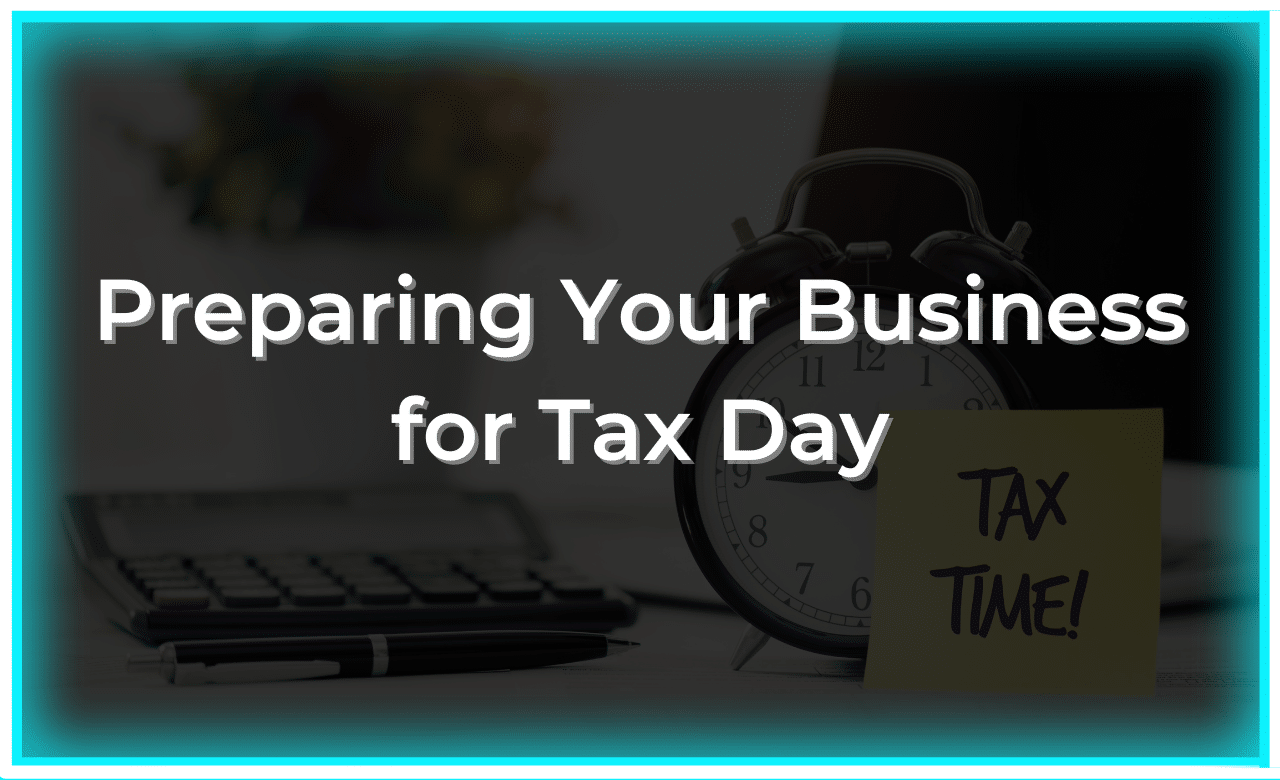Hey everyone! I’m Bette Hochberger, CPA, CGMA. Tax day can be an intimidating time for any business, whether you’re a small start-up or a well-established corporation. To navigate the complexities of filing taxes efficiently and accurately, it’s crucial to have a comprehensive checklist in place. Today’s blog will help you understand what documents you need, who can file your taxes, common mistakes to avoid, and how to be tax-ready year-round.
Essential Documents for Filing Business Taxes
When preparing to file your corporation’s taxes, having all necessary documents organized beforehand can save you from last-minute stress. Key documents include:
- Income Statements: These provide a summary of your business’s revenue and expenses.
- Balance Sheets: Essential for showcasing your business’s assets, liabilities, and equity.
- Previous Tax Returns: Useful for reference and ensuring consistency in reporting.
- Payroll Records: If you have employees, these records are critical for accurate tax filing.
- Receipts and Invoices: They support your claims for expenses and deductions.
- Bank Statements: To verify income and expenses.
Who Can File Taxes for Your Business?
For small businesses and corporations, taxes can be filed by:
- Certified Public Accountants (CPAs): Professionals with expertise in tax laws and regulations.
- Enrolled Agents (EAs): Tax professionals who are federally authorized to represent taxpayers before the IRS.
- Tax Attorneys: Lawyers specializing in the complexities of tax law.
- Business Owners: If you have a good grasp of tax filing requirements, you can file your own taxes using tax software.
Common Mistakes to Avoid
Even with careful attention, certain tax filing challenges can arise. Some frequent issues encountered include:
- Miscalculating Deductions: Overstating or omitting deductible expenses can trigger audits.
- Incorrectly Reporting Income: Not reporting all sources of income can lead to penalties.
- Missing Deadlines: Late filing or payments can result in fines and interest.
Staying Tax Ready Year-Round
To ensure your business is always prepared for tax season:
- Maintain Accurate Records: Regularly update and review financial documents.
- Use Accounting Software: Automate record-keeping and expense tracking.
- Schedule Regular Tax Check-Ups: Consult with a tax professional throughout the year.
Legitimate Reasons for Not Filing Taxes
While it’s crucial to meet tax obligations, there are legitimate reasons a business might not file, such as:
- Closure: If your business has ceased operations, you may not need to file.
- No Taxable Income: If your business didn’t generate taxable income, filing may not be necessary.
By following this checklist, you can simplify the tax filing process, minimize errors, and keep your business in good standing with tax authorities. Remember, being proactive and organized is key to a stress-free tax season. Feel free to schedule a meeting with us and we’d be happy to help out with your business tax filings!
As always, stay safe, and I’ll see you next time!










